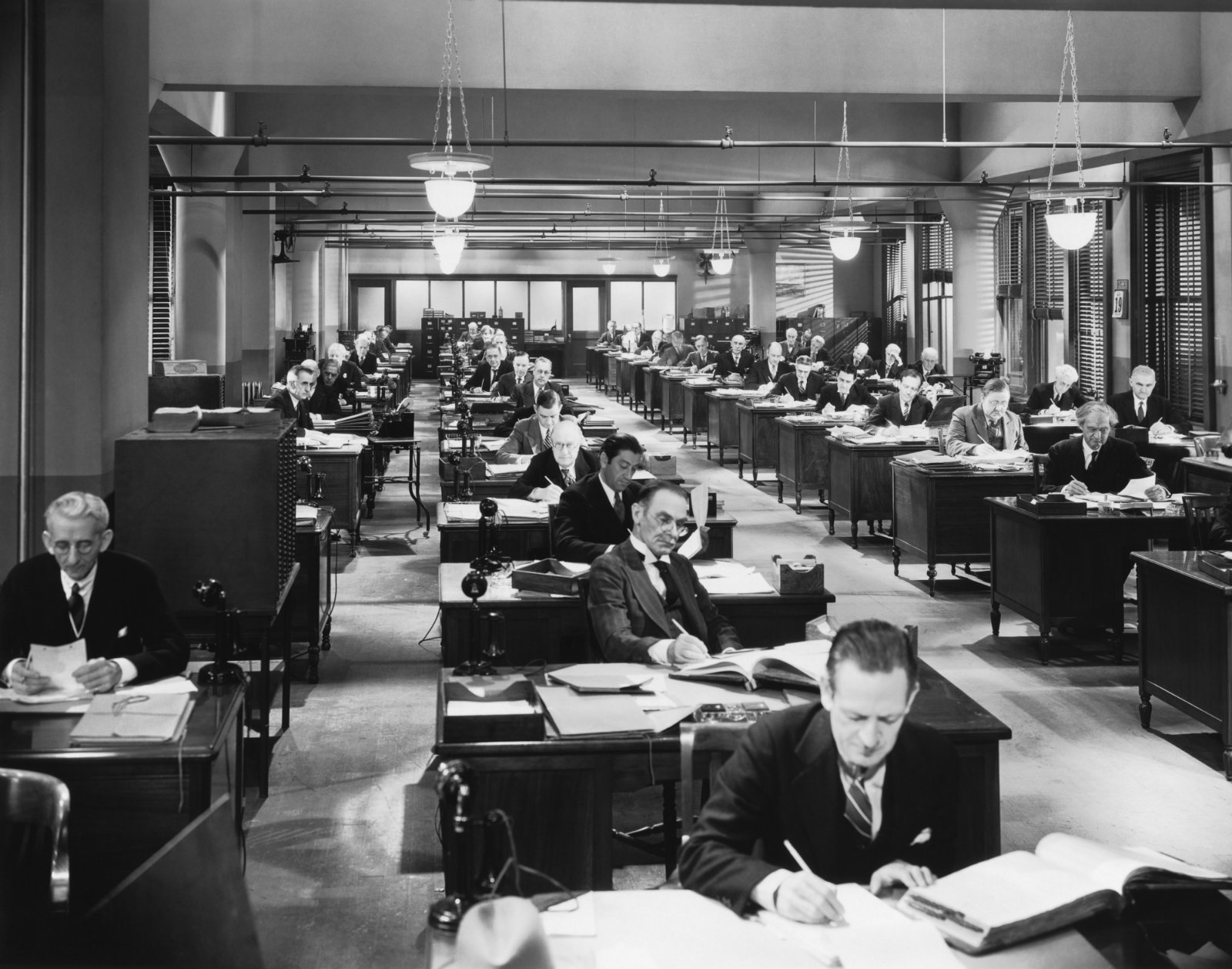Employment is shifting more towards skills-based recruitment + Settling the coffee versus tea debate, once and for all

You need to up your (skills) game: The job market of tomorrow is expected to take a more skills-based approach as the changing nature of business and technology drives a shift in the professional skills needed to keep up, the Financial Times reports. This changing landscape pushed up the number of recruiters using skills data to fill positions 20% y-o-y, citing data from LinkedIn. Some 1 bn people need to be trained in new skills by 2030, the World Economic Forum (WEF) says, with demand equally high on both new tech-focused skills, like AI and cloud computing, and soft skills, like collaboration and team building. The change in employment dynamics is already evident as LinkedIn data shows job skills are set to change by 50% by 2027 as hiring grows more dependent on skills.
Yet, some companies are not able to catch up with the trend. A Harvard Business School study (pdf) shows 80% of business heads saying that their applicant-tracking systems are separating highly-skilled employees due to gaps related to their employment history. “The job market works a lot better if you went to the right school and had a certain job title from a brand name company,” a product manager at LinkedIn said. This is pushing LinkedIn to build tools to allow companies to seek candidates based on their skills. Putting proficiency first over a somewhat perfect CV in terms of job experience and education would help with easing a tight job market. It would shed the focus on the job seekers’ demonstration of their capabilities and how far they fit to the job requirements.
Coffee v Tea: Which is healthier? While there are different health benefits associated with drinking coffee or tea regularly, each of the two beverages have their own set of pros and cons. When it comes to fiber content, for example, coffee comes out on top, with between 1.1 and 1.8 grams of fiber per cup, according to a study from Spain’s Instituto del Frío. Drinking either can help you concentrate, but a University of Surrey study comparing the effects of drinking four cups of coffee to drinking four cups of tea, found that tea is less likely to disrupt your sleep, due to a lower caffeine content.
Gut health: When it comes to gut health, both are good sources of polyphenols, but coffee takes the cake due to its higher concentration of the plant compounds that have been linked to many health benefits. Green tea also has more polyphenols than black tea.
Popularity contest: El Shay is king. “It’s been estimated that the world drinks three cups of tea for every cup of coffee. And tea is the second most popular beverage in the world. The first is water,” the Washington Post says.
Lowering risk for disease: Both drinks lower risk for heart disease and stroke, according to large population studies, but those studies are not conclusive. Other, still inconclusive, studies have shown that drinking coffee can provide some protection against several cancers. No studies have found a link between drinking tea and preventing cancer, but it is important to note that a lot more studies have been conducted on the health benefits of coffee than tea, according to a professor of medicine at Harvard Medical School.